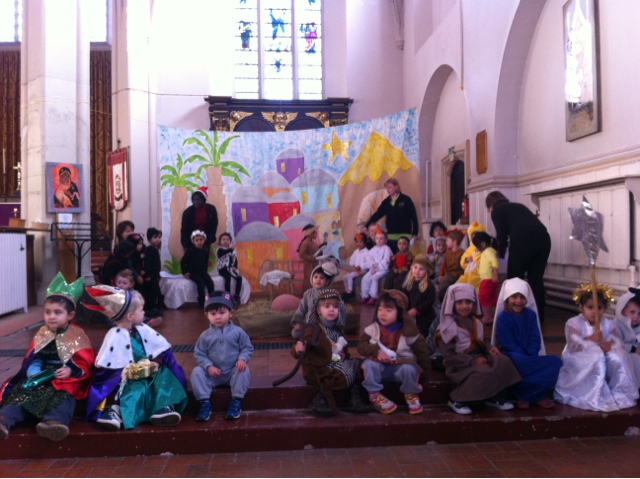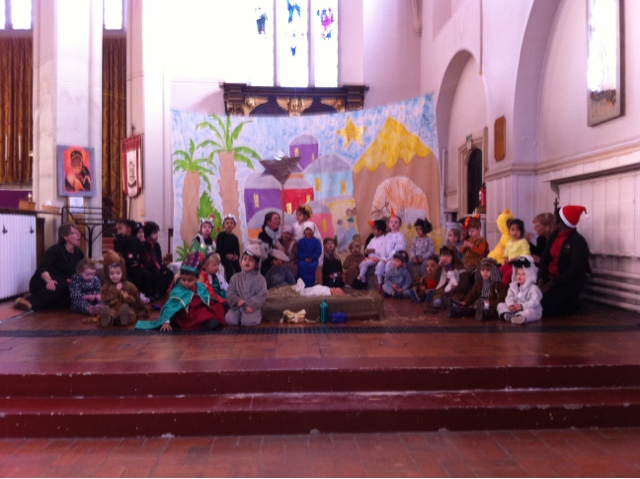St Thomas Aquinas
Thinking this year about
tomorrow's feast day, I'm looking back to last month's General Synod and the, often pretty bad tempered, disagreements in our church that preceded and followed it. There are a lot of issues that divide Christians, and divide Christians in the Church of England in particular. Questions about ordination are the most topical, but we also have high profile disagreements about sexuality and about more fundamental doctrine.
There's nothing new under the sun. You only need to pick up a New Testament to see that there were fierce divisions in the Church from the earliest days. Paul is writing to churches sometimes torn apart by factionalism. And in the Middle Ages, way before the divisions of the Reformation era, there were robust disagreements about the faith.
The Immaculate Conception provides a case in point. Arguably the greatest theologian in the Western Catholic tradition, the Dominican
St Thomas Aquinas,
denied the Immaculate Conception, as that doctrine is understood today - that Mary was preserved from
Original Sin. Aquinas held that Mary was as holy as it was possible for a redeemed human being to be, but thought that this did not include freedom from Original Sin. The Franciscan
Duns Scotus, on the other hand, argued that Mary was free from Original Sin precisely because of God's redeeming grace. What Jesus did for us by his life, death, and resurrection reaches 'back' in time and preserves Mary from Original Sin. She is not less redeemed by being free from Original Sin, said Scotus, but
more redeemed.
The debate carried on, not least through these medieval theologian's respective religious orders. In the end Scotus' view carried the day. In no small part because of its appeal to and effect on the devotional lives of ordinary Christians, belief in the Immaculate Conception became commonplace amongst Catholics in the West (the Orthodox Church has a very different understanding of Original Sin, so the doctrine wouldn't make much sense to them - although they agree that Mary was uniquely holy). Eventually in 1854 Pope Pius IX
declared "the most Blessed Virgin Mary, in the first instance of her conception, by a singular grace and privilege granted by Almighty God, in view of the merits of Jesus Christ, the Saviour of the human race, was preserved free from all stain of original sin".
These days this is the view of the Roman Catholic Church. It is also the view of many Anglo-Catholics (including me!). Christians who don't accept the doctrine at least have a clearer understanding what the doctrine is supposed to express - the depth of God's redeeming grace and its capacity to reach 'back' in time - and have been able to enter into fruitful dialogue on this basis. A good example of this can be seen in the Anglican Roman Catholic International Commission
report on Mary. We have all grown because centuries of debate enabled us to reach a clearer position.
We shouldn't get all pious about this and see this as some kind of harmonious 'development of doctrine' with never a harsh word said - saintly and brilliant though Aquinas and Scotus were as individuals. In the background was a good deal of one upmanship and power politics between religious orders. And historically, belief in and observance of the Immaculate Conception varied tremendously from region to region. Factionalism and regional divides - just like today's Anglican Communion. Yet through it all, God led Christians to a greater appreciation of God's truth. We shouldn't doubt that God can do the same today.








